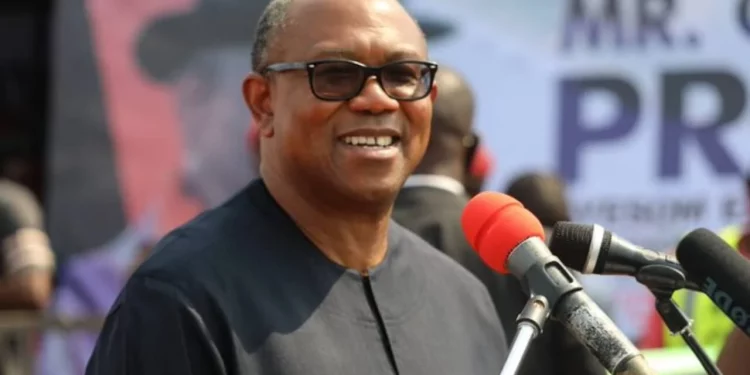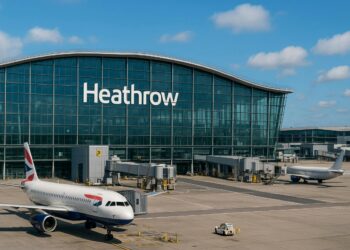Labour Party Presidential candidate, Peter Obi on Tuesday denied his campaign has received $150m in donation from diaspora sources.
A group had last week accused the Peter Obi campaign organisation of receiving diaspora funding, thereby asking INEC to disqualify the high flying Labour Party Presidential candidate.
BASIC FACTS
- Peter Obi have denied receiving money from the diaspora in support of his presidential ambition.
- The Labour Party presidential candidate has however, made a case for participation of Nigerians in diaspora in local election.
- Peter Obi campaign organisation was accused of receiving diaspora funding, and a group has called for his disqualification.
WHAT WE KNOW
Peter Obi on Tuesday said his campaign organisation was yet to receive money from Nigerians in the diaspora. Speaking to Nigerians in London, the Labour Party Presidential candidate, described as mere speculation the accusation that he has received $150m from Nigerians abroad.
The APC campaign group had accused Peter Obi of running foul of the law for allegedly receiving campaign funding from abroad. However, a legal practitioner had said there was nothing illegal in diaspora funding.
Also the Labour Party candidate who spoke in London went further to say that Nigeria would benefit from the diaspora community if allowed to participate in Nigeria development through the electoral process.
Peter Obi has been meeting with Nigerians across the world in recent days, travelling through Europe and the United States to grand audience to Nigerian who live outside the country to laisse with them regarding his plans for the country.
The Labour Party Presidential candidate, who has received widespread support from many young Nigerians, called for the 2023 elections to be based on merit. He also said his diaspora visit is mere consultation and not campaign.
NOTABLE QUOTES
Peter Obi who spoke in London said, “Nobody has given me anything,”
“That is speculation. What I need is not what they would give me. But what they would give Nigeria, because we need them to turn around Nigeria.”
“This is the energy, the capacity that we need to turn around Nigeria. Every country that was turned around, was done by the diaspora. Even in the Bible, Joseph who left later came back to feed his people.”
“It is not campaign, it is consultation,”
“I am consulting Nigeria diasporans to know why they should be involved in the Nigerian electoral process. And you can see from my conversation and everything that what I am doing is saying let’s get involved.”
“They are the most critical components of turning around Nigeria. The investment Nigeria needs to turn around is diasporans. If they believe in Nigeria and bring their resources, both in terms of their material, talent and energy, we will turn around the country.”
“Nigeria 2023 election should not be based on ethnicity, religion, connection, ‘my turn’, or any bias,”
“It must be on character, competence, capacity and determination to deal with the problems of Nigeria.”
COMMENTARY
Recall that a group under the aegis of Tinubu-Shettima Connect had urged the Independent National Electoral Commission (INEC) to disqualify Obi over the alleged funding as it violates the Electoral Act on campaign funding.
However, a legal practitioner Festus Ogun had argued that there is nothing wrong or illegal in diaspora funding for Nigerian elections.
Clariform Newsdesk is aligned to the thinking that Nigerians in the diaspora should be allowed to participate in the governance of the country through participation in local elections in Nigeria.
If we ask for their tax and benefit through remittance, if we want their investment; human and materials/business, why should we kick against their participation in Nigeria politics and leadership selection process.
I mean if somebody could come from overseas to contest an election, why shouldn’t same citizen vote? It’s is our candid opinion that it’s high time the legislators and INEC considered voting by Nigerians.
A good case has been made for this purpose. It is also already been done in other countries, even within Africa. Countries as small as Kenya and Ghana are already allowing diaspora voting in their local elections. Therefore, by the next review of the Electoral Act, diaspora voting should be considered.












